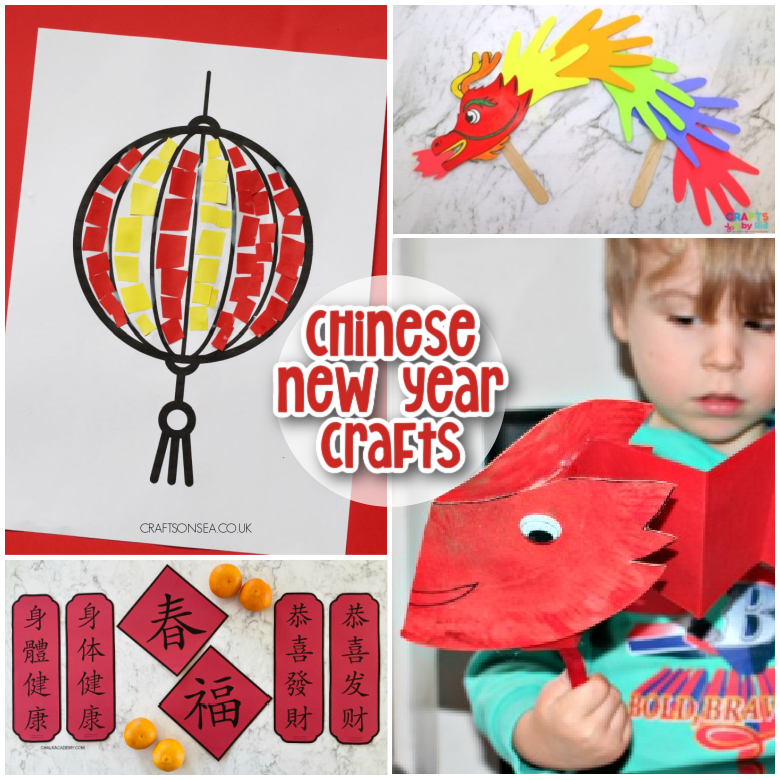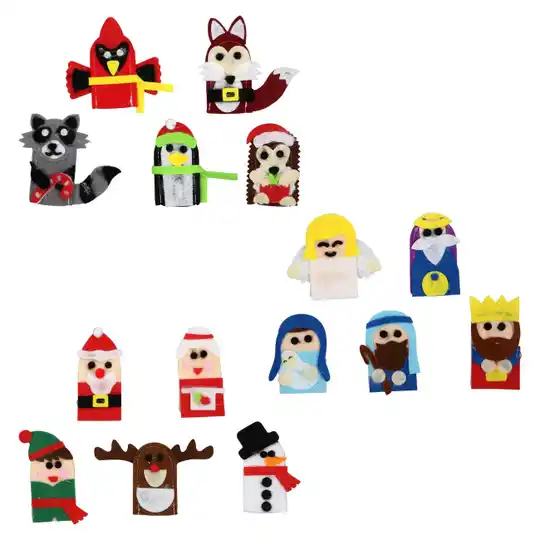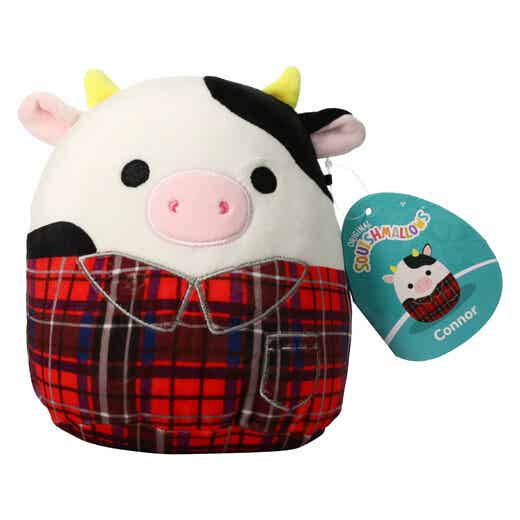Welcome to the Learning Made Fun with Maestra Casiano Learning Hub & Online Store:
Monthly Activities Page - January 2025
Daily Activities - January 2025
Monthly activities' calendar in English:
Los atividades del mes en español:
Tips for a Successful School Year
Recommended Reading for January 2025
Reading together & incorporating literacy into your daily life & routines is important for bonding, developing language, expanding vocabulary & fostering empathy
Holidays & Celebrations in January 2025
NEW YEAR'S DAY ("Western New Year")
In the United Staes of America & for most people in the Western Hemisphere, one year ends on December 31st (New Year's Eve) & a new year begins on January 1st. January 1st if officially celebrated as New Year's Day each year in the United States of America. Not all cultures end and start their years in the same way. This is why some people from Asian countries or Muslim families may refer to this celebration on January 1st as "Western" New Year.
The ending of one year & the start of a new year is celebrated at different times & in different ways by people of different religions, cultures, & countries.
LUNAR NEW YEAR (aka "Chinese New Year")
Lunar New Year occurs on a different day each year. In 2025, Lunar New Year begins on January 29th & ends on the rising of the full moon on February 12th. The date of the new year is determined by cycles of the moon which is why it is called "Lunar" (Latin for moon). The holiday is popularly celebrated & associated with China but other countries & cultures (mostly in South East & Far East Asia) celebrate the holiday. Unlike Western New Year, Lunar New Year takes place over several days (typically 15 days) that lead up to the actual beginning of the new year. Chinese zodiac animals are also associated with each new year. The year 2025, is the "Year of the Snake!"
The ending of one year & the start of a new year is celebrated at different times & in different ways by people of different religions, cultures, & countries.
Items Recommended by Maestra Casiano for Exploring the Spirit of Christmas:
DR. MARTIN LUTHER KING, JR DAY ("MLK DAY")
In 2024, Martin Luther King, Jr. Day will be January 20th. Martin Luther King, Jr. was born on January 15th which means the holiday is celebrated near his birthday each year. The date of the holiday varies as it is celebrated on the third Monday of January each year. MLK Day is a day where Americans celebrate civil rights, perseverance, & the equality of all people regardless of skin color, national origin, religion, or any other potentially divisive characteristic.
Items Recommended by Maestra Casiano for Exploring the Life & Legacy of Dr. Martin Luther King, Jr.:
INAUGURATION DAY
In the United States of America, Inauguration Day is the day that the President & the Vice President of the United States of America are sworn into office. Inauguration Day occurs on January 20th every 4 years following a Presidential Election.
Items Recommended by Maestra Casiano for Exploring the Presidency of the United States:
Arts & Crafts for January
The visual arts are important for exploring creative expression as well as developing hand-eye coordination, dexterity, tenacity, & executive functioning skills
Crafts Recommended by Maestra Casiano for Celebrating Winter Holidays:
Downloadable Packets & Worksheets for January
To access the printable activity/packet, click on the image for that packet. These are downloadable PDF, WORD or PowerPoint files.
For Kids in Preschool through Kindergarten:
For Kids in Lower Elementary Grades (1-2):
For Kids in Upper Elementary Grades (3-5):
For Kids in Middle School Grades (6-8):
Career Exploration - President of the U.S.A.
It is never too early to start talking about your child's interests, strengths, curiosity, & options for the future
Kid Friendly Culinary Creations to Try in January
Cooking & baking together is great for family bonding while providing real life opportunities to explore math concepts such as fractions, measurements, & proportions; practice reading & writing recipes using specialized vocabulary & sequencing words; and developing gastronomical awareness
Executive Functioning for Families
Executive Functioning (EF) is basically the brain's management system. EF is a set of mental skills including working memory, flexible thinking, and self-control that are used daily to learn, work, and manage daily life.
Trouble with executive function can make it hard to focus, follow directions, and handle emotions, among other things.

S.T.E.A.M. Exploration for January
Explore key concepts from science, technology, engineering, art, & math using items from around the house.
Family Fun Night Suggestion - Complete a Puzzle
Complete a Puzzle Together or Start a New Tradition of Puzzle Construction
Did you know that puzzles help with child development? Here are some key benefits of puzzles for child development:
https://www.sensorysouk.com/blogs/community/13-benefits-of-puzzles-for-child-development
Puzzles can be worked on individually or as partners or as a group. Here are some suggestions to optimize puzzle time:
- When putting together puzzles, "think out loud" with your children to explain your logic for how you decide which pieces to put together (i.e. "I see this piece has a curve inward & this piece has a curve outward" or this looks like part of Olaf's body & so does this piece"). Have your child do the same. This helps children with problem solving & strategizing. It also allows them to apply geometric & descriptive vocabulary.
- Have your child assist in separating pieces into those that are part of the frame (i.e. have a straight edge), those that are corners (i.e. have two straight sides), those that are in different areas of the inside of the puzzle (i.e. "These look like they are pieces to put Ironman together because of the colors & these look like Captain America's colors"). This helps children to develop a discerning eye & categorization skills.
- After completing the puzzle, for fun, you could mix the pieces back up & then time how long it takes to put it together a second or third time to demonstrate how muscle memory & short term memory improve with repetition
- For added fun, consider helping your child create his or her own puzzle! You can do this easily using a coloring page or a cereal box & then cut the paper into different shapes & pieces (6-12 pieces for kids under age 4; 10-20 pieces for kids between 5-7 years old; 20-48 pieces for kids between 8-10 years old; etc.). Watch this free video tutorial to help you (Click Here)! - You can also have your child draw his or her own unique illustration on a piece of card board & then cut it up as specified! Card board works better than simple paper because the edges are wider & it is easier to ensure that two pieces appropriately fit together. For more creative & experienced crafters, here are additional ways you can make a puzzle (Click Here).
Puzzle organization tip: Use a colored crayon to draw a symbol or shape on the back of each piece of the same puzzle. That way, you can make cleaning up easy & minimize the risk for misplacing pieces! For example, if you have a set of five different puzzles (such as in the Avengers Puzzle Set of 5 wooden puzzles), you could draw an orange circle on the back of each piece of one puzzle; a blue circle on the back of each piece of a second puzzle; a red letter "S" on the back of a third puzzle; etc. Then if your child finds a puzzle piece in a puzzle that the child is putting together that does not seem to fit, you can quickly check the back to see if it matches the other pieces & help find its place or know where to return it so that it is back with the other pieces of the same puzzle. For quick pickup & sorting of a bunch of pieces of different puzzles, turn the pieces over so that your child can quickly sort them using the symbol drawn on the back!
Be sure to send Maestra Casiano some pictures! You might be featured on the site & win a gift certificate!
Jigsaw Puzzle Suggestions for Family Fun Night:
Family Movie Night Suggestion for January
"Our Friend Martin" video:
This video is about one hour long. It is a "magical" animation where kids travel back in time & meet Martin Luther King, Jr.
- Before watching the video, discuss with your children/family what they already know or think they know about Martin Luther King, Jr.
- Watch the video together & discuss. Discuss any emotional responses that you or the children experience & why that emotion has developed.
- After watching the video, identify any of the facts that the movie confirmed.
- Ask your children if they would want to be able to travel back in time to meet Martin Luther King, Jr. like the kids in the movie did. Then ask them to explain their answer as to why or why they would not want to travel back in time to meet Martin Luther King, Jr.
- Ask your child to imagine they could travel back in time to meet any person in history. Who would they choose to meet & why? What would they do together? Is there anything your child would ask that person? What answer would they expect to received & why? Have your child draw a picture of that person & write a caption about why your child would want to meet that person.
- For added fun, as a family, do some additional fact checking about Martin Luther King, Jr. using the books and/or videos suggested by Maestra Casiano or your own preferred appropriate website. Discuss your findings. Were any new interesting facts learned?
Social-Emotional Development
Social & emotional development, especially in early childhood, provides a critically important foundation for children in developing & learning throughout their lives.
Social development refers to the ability to initiate, create, foster, & sustain meaningful relationships with adults & peers.
Emotional development refers to the ability to express, recognize, interpret, & manage one's emotions & the ability to respond appropriately to others' emotions.



Journaling Can Be a Highly Effective Way of Identifying, Addressing, & Regulating Emotions:
Featured Items for January

Here Are Some Fun Items to Explore Different Hobbies This Winter:
Here Are Some Adorable Winter Cuddle Buddies:

























































































































